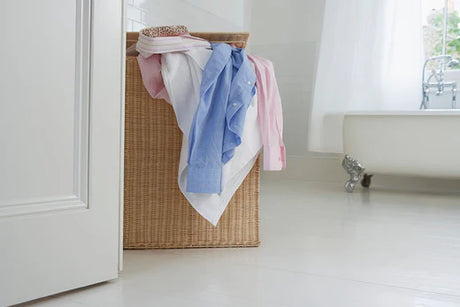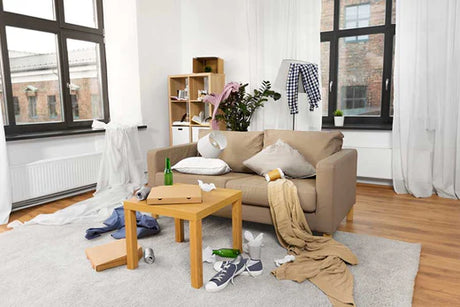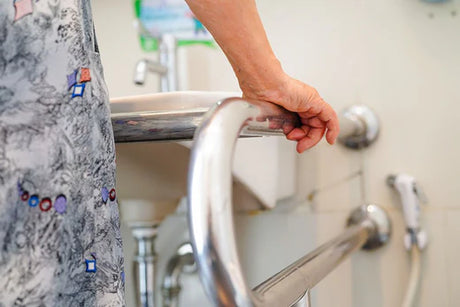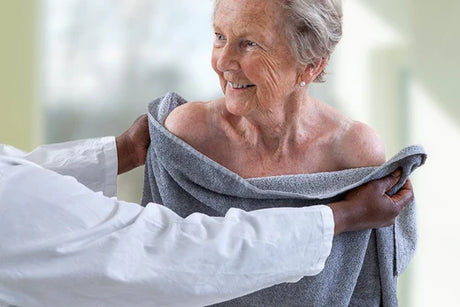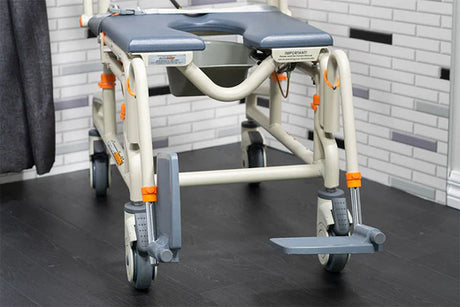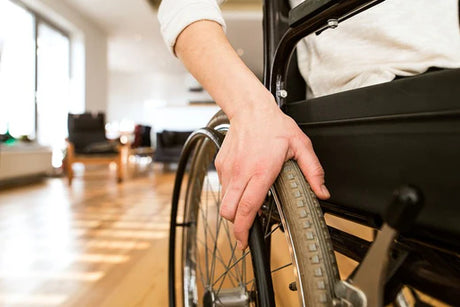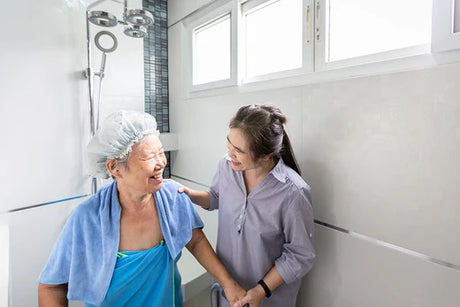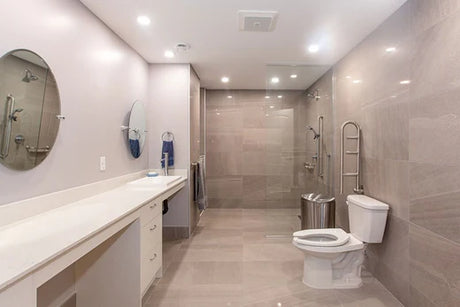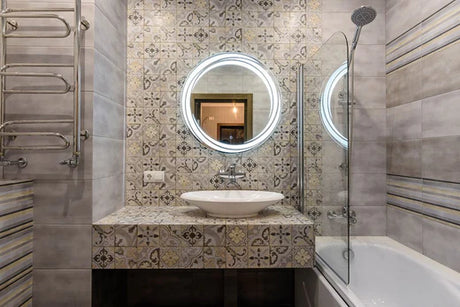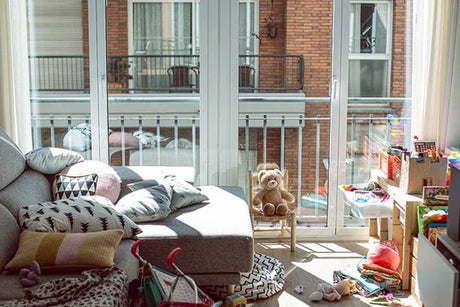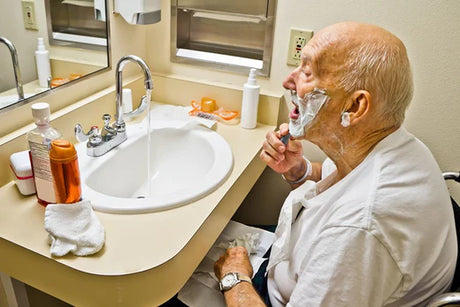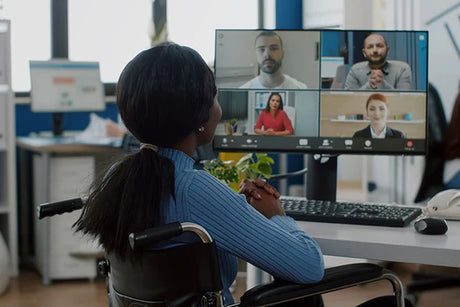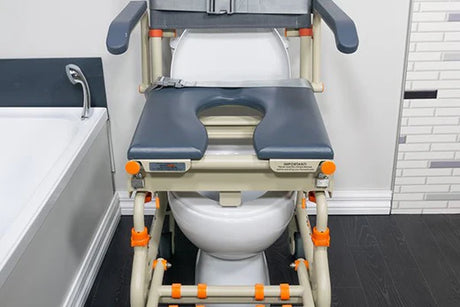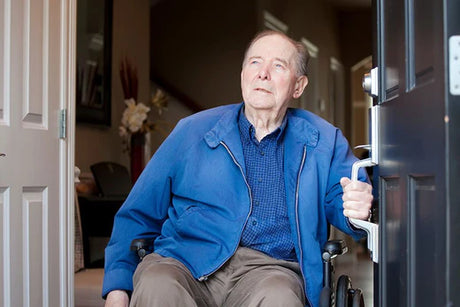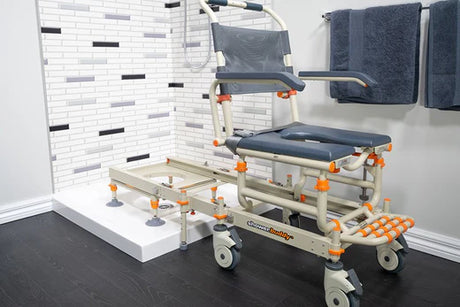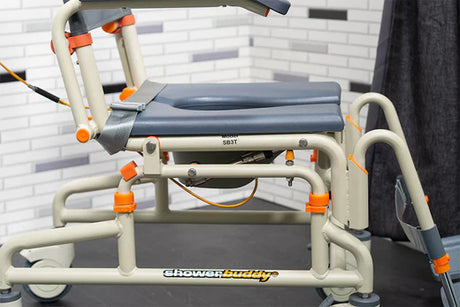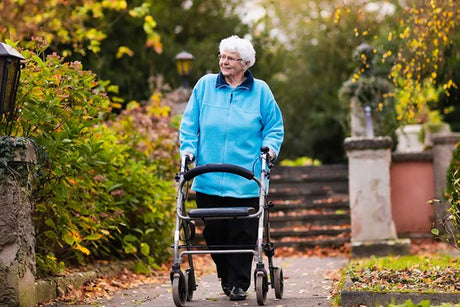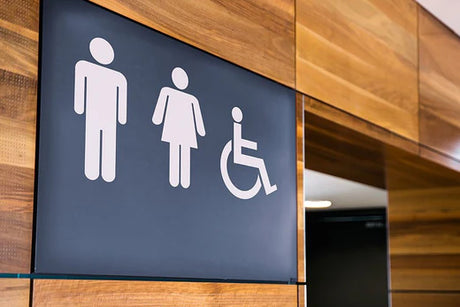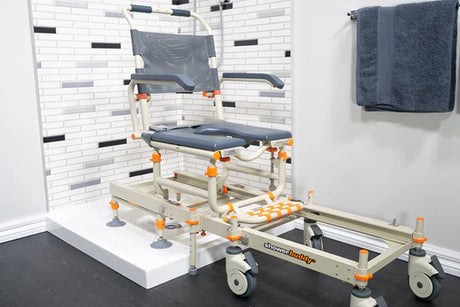The Silent Struggle in Every Home
When we talk about disability support and funding, the conversation often leans towards mobility aids, ramps, or vehicle access. These are vital - but they’re not the full story. One of the most challenging and dignity-compromising areas for individuals with disabilities is the bathroom.
Every day, thousands of New Zealanders are navigating showers and toilets with equipment that wasn’t designed for their needs. And many more are on waiting lists, ineligible for adequate support, or simply going without because the system doesn’t recognise the urgency or complexity of bathroom mobility.
Why the Bathroom Matters More Than Most Realise
The bathroom is a private space, yes. But it’s also a daily proving ground. The ability to safely shower, toilet, and maintain hygiene affects:
- Personal dignity
- Carer workload and stress
- Risk of injury or falls
- Overall health outcomes
- The ability to remain living independently at home
When the right bathroom mobility equipment isn’t available, the effects ripple outward. We see early rest home admissions, strained family relationships, and costly hospital visits that could have been avoided.
A System That Moves Too Slowly
Too often, the pathway to receiving support for a bathroom mobility solution is slow, inconsistent, and limited by rigid funding criteria. Occupational therapists are stretched thin, and those trying to navigate the system on behalf of a loved one face mountains of paperwork and long wait times.
In the meantime, people are risking injury every single day - because they can’t wait.
Showerbuddy’s Call to Action
At Showerbuddy, we design equipment to keep people in their own homes longer, supported by family or carers, and confident in their daily hygiene routine. We’re proud of the difference our systems make.
But we can’t do it alone.
We’re calling on government agencies and funders to:
- Recognise bathroom mobility as essential, not optional
- Fast-track assessments for high-risk individuals
- Simplify the application process for bathroom mobility equipment
- Ensure OTs have the resources and time to provide timely support
Smarter Investment, Better Outcomes
Supporting access to better bathroom equipment isn’t just compassionate - it’s cost-effective. When people can live independently for longer, we reduce the strain on rest home facilities and hospital admissions.
Families stay together longer. Carers avoid burnout. Individuals retain dignity.
It’s time to give the bathroom the attention it deserves in disability support discussions.
If you work in government or disability services, or if you’ve experienced this system first-hand, we invite you to join the conversation. Together, we can create a more supportive, responsive framework - one that includes the bathroom.
Barry Redican, Showerbuddy









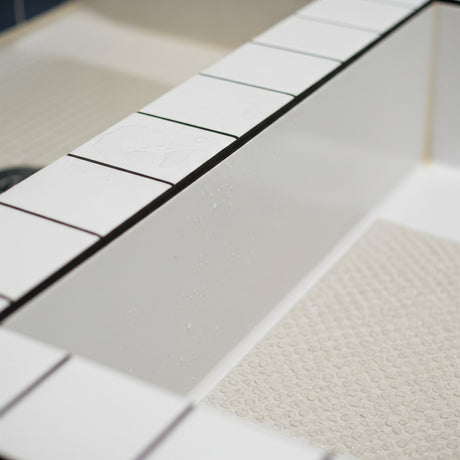

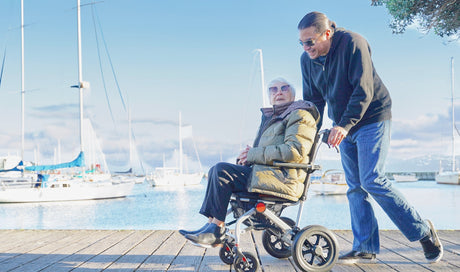
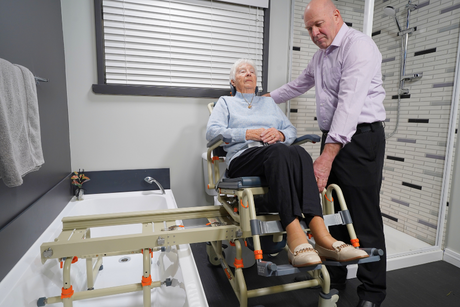
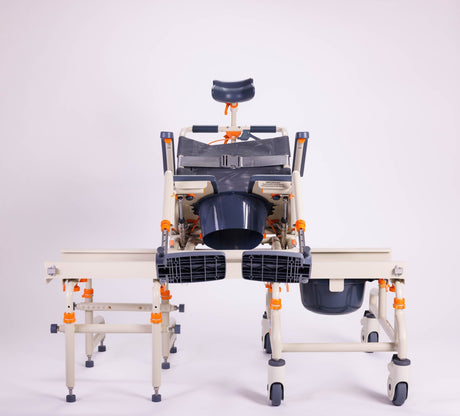
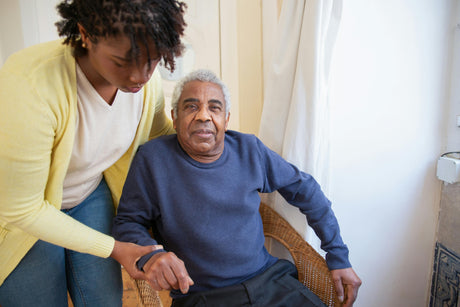
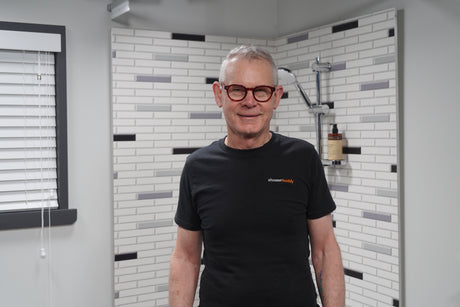
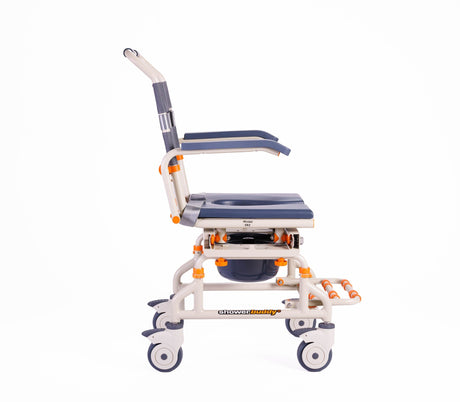
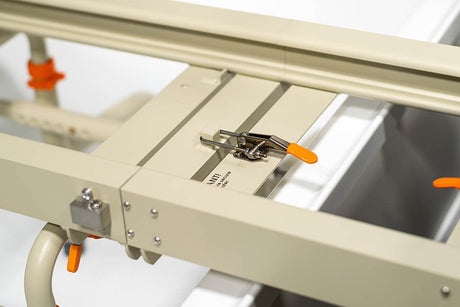
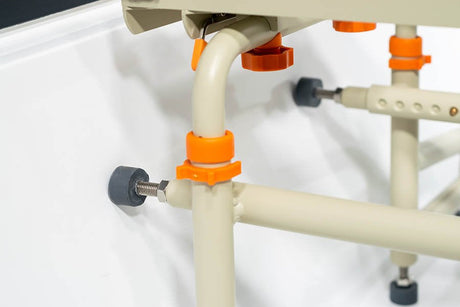
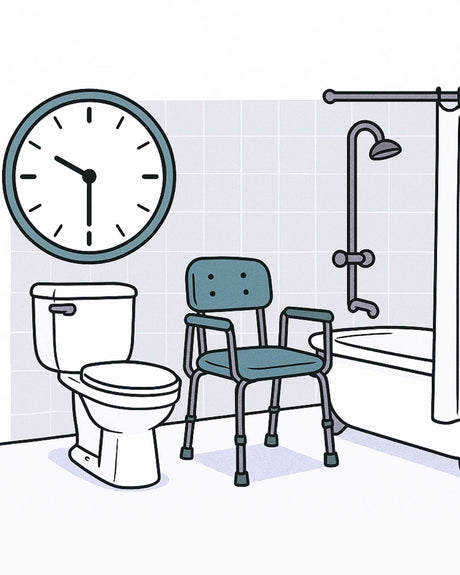
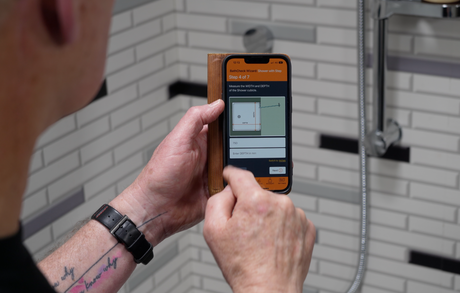
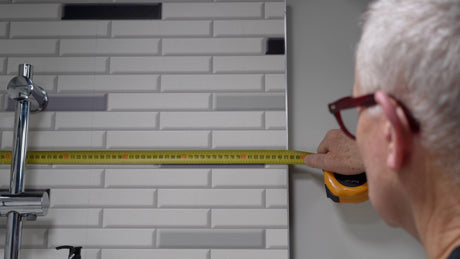

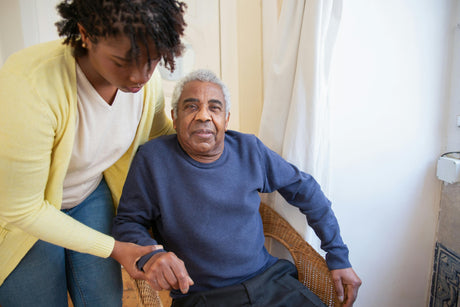
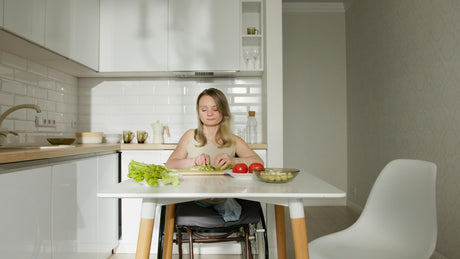
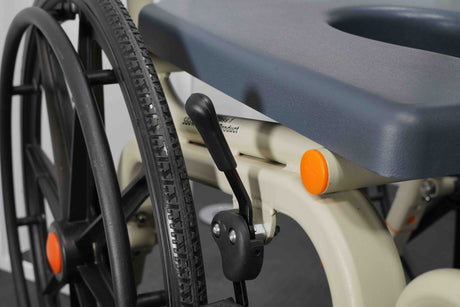

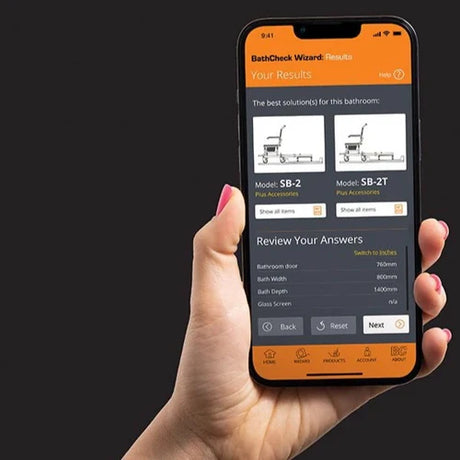
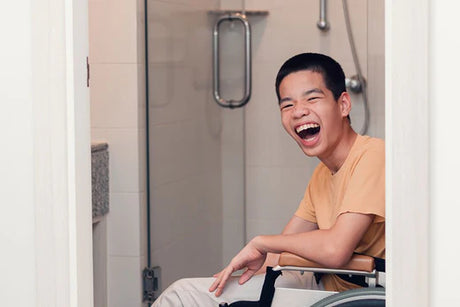
![Toilet Training A Young Child With Mobility Challenges [And How A Shower Chair Can Help]](http://shower-buddy.com/cdn/shop/articles/toilet-training-disabled-child_520x500_a90e5234-d372-435d-aa56-8da15dd3836c.webp?v=1722557239&width=460)

